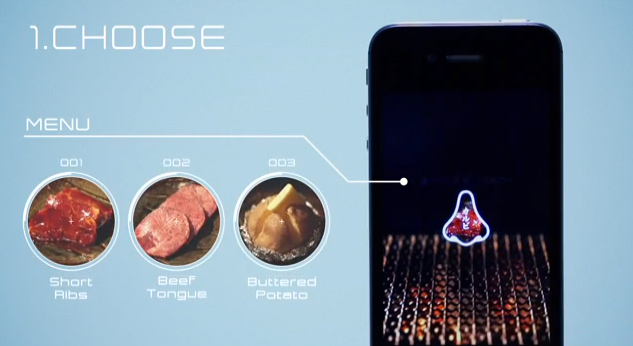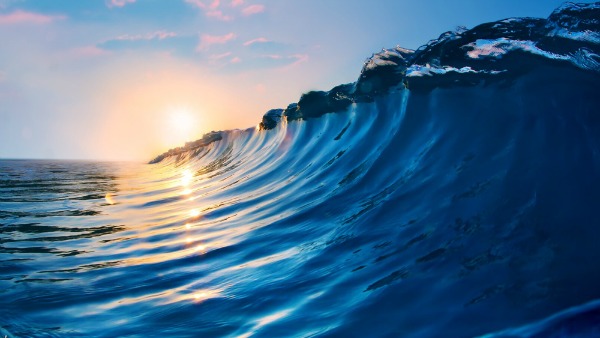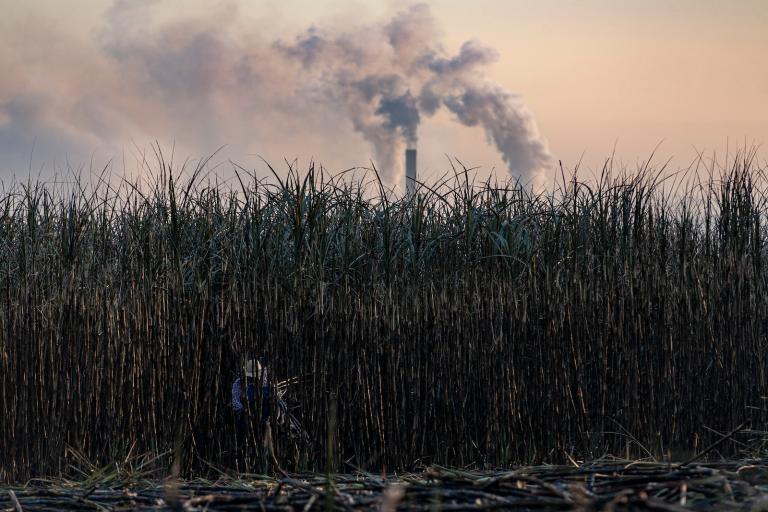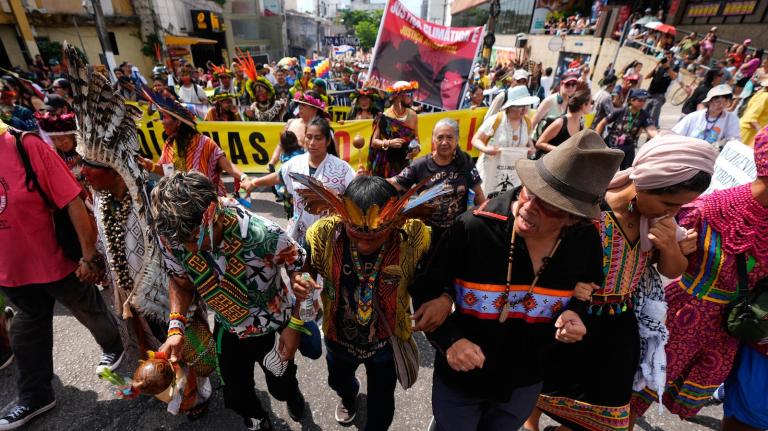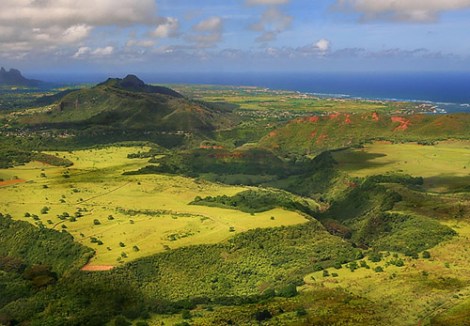
–RavenKauai
After years of acceptance, the United States is now experiencing true movement to restrict the use of genetically engineered organisms in agriculture. There are dozens of bills in state legislatures to restrict or label GM food, Washington is voting on a labeling initiative, and now the island of Kauai has approved a measure that will rigorously regulate biotech crops growing on the island.
The bill that Kauai passed doesn’t go so far as to ban GM crops. As Reuters reported:
The version of the bill that passed late Tuesday was stripped of some of its tougher conditions and now requires the agricultural companies to disclose the presence and use of genetically modified crops and pesticides; establishes buffer zones around schools, hospitals, homes and other areas, and requires the county to conduct a study on the health and environmental impacts of the industry.
Kauai matters because it’s the first place in the U.S. to pass a tough GM regulation that could actually affect the industry. Other places have cracked down harder on GM plants — Mendocino County, Calif., banned them, for instance — but they don’t matter to biotech the way Kauai does.
Hawaii is a key part of the plant-development process for seed companies. Because of the tropical climate, breeders can grow three generations of corn a year on the islands, and this speeds up the work of producing new varieties.
This bit of the tropics is also important to the industry because it’s within the U.S., free from the uncertainty and complication that comes with developing technology abroad, under a different set of laws. As a result, all the big seed companies are there. New York Times reporter Andrew Pollack pulled a revealing quote on this:
“Almost any corn seed sold in the U.S. touches Hawaii somewhere” in its development, said Mark Phillipson, an executive of Syngenta, a Swiss seed and agrochemical company. Mr. Phillipson is also president of the Hawaii Crop Improvement Association, which represents the seed companies.
Of course, this could have been bluster, part of industry efforts to defeat the new rules. It will be interesting to watch what happens next: After all these dire warnings, will Kauai’s new rules really hurt the seed companies, or agriculture? And of course, there are more islands in Hawaii. The seed companies could shift their operations.
In other words, this seems more likely to crimp than cripple ag-industry operations. If other communities follow Kauai’s lead, however, it could be a different story.
